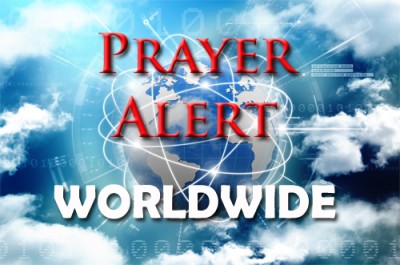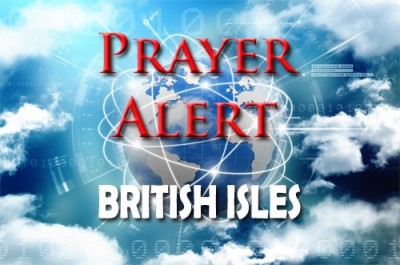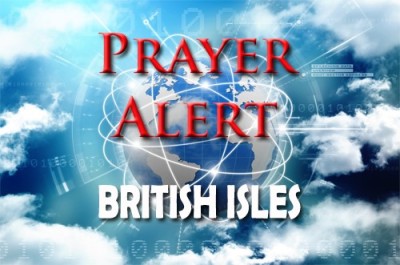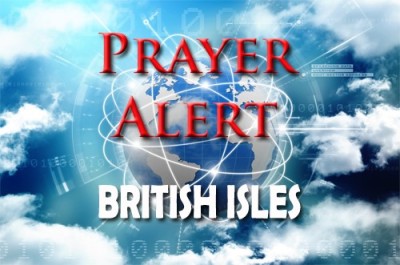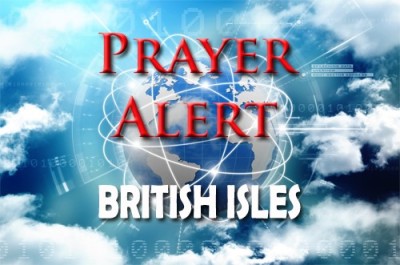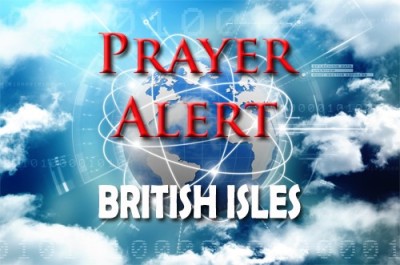Spurred on by the 2020 EndSars anti-police brutality protests that morphed into calls for good governance, millions of young people in Nigeria have registered as first-time voters for the elections on 25 February. The man many are backing for president, Peter Obi of the Labour Party, is not that young at 61. Nor is he really a new broom in Nigerian politics as he was previously the vice-presidential candidate for the main opposition party, People’s Democratic Party (PDP). But he is considered an outlier because of his accessibility, simplicity, and his record of prudence with public funds when he was a state governor. Under the watch of President Muhammadu Buhari, who is stepping down after two terms, young middle-class Nigerians have seen their finances battered by record levels of inflation. One in three of them cannot find a job, students have experienced incessant strikes by lecturers, and many of Nigeria's finest are desperate to leave the country. On top of this, widespread insecurity has seen armed groups kill more than 10,000 people and abduct more than 5,000 last year alone, according to the International Crisis Group. Mr Obi has been openly supported by Nigeria's huge evangelical Christian movement in the south, and can also rely on the votes of Christians who feel persecuted in the mainly Muslim north.
USA: a ‘surprising work of God’
16 Feb 2023‘The choir sang the final chorus, then something happened that defies description. Students didn’t leave, they continued worshipping. I teach theology across the street. When I heard about this I went to the chapel to see for myself. I found hundreds of students singing quietly, praising and praying earnestly for themselves, their neighbours and our world; repenting for sin and interceding for healing, wholeness, peace, and justice. Some were reading and reciting Scripture. Others were standing with arms raised, or clustered in small groups praying. Some were kneeling at the altar rail. Some were lying prostrate, others were talking together, their faces bright with joy. When I returned in the evening they were still worshipping. By Thursday midmorning hundreds were filling the chapel again. Then students began arriving from other universities. Asbury Chapel continues in waves of prayer, worship, and gut-wrenching public confession. It was a significant and spontaneous move of the Spirit. What a phenomena to witness. Come, Holy Spirit.’
Over 700 people in one South Asian district were brought to freedom from trafficking by IJM-trained police at the end of 2022. The runup to a new year is the riskiest time for low-income workers. As industries begin recruiting people for manual labour, human traffickers deceive people with false job offers and trap them in slavery. But police officers intercepted 65 traffickers at train and bus stations as they waited to transport families to abusive businesses. Also, a government initiative brought freedom to over 1,400 children last month when police conducted an expert sweep of businesses to find children forced to work in bonded labour and hundreds more in other dangerous conditions. The authorities also arrested hundreds of suspected abusers.
Brexit: unfinished business
16 Feb 2023The Northern Ireland protocol was agreed to ensure free movement of trade across the Irish land border after Brexit. The legal text is now being looked at to nail down details. However, some are concerned that there are still things to square off to ensure an agreement is sellable to EU member states: the Democratic Unionist Party (DUP) and some Tory MPs who continue to insist that there remains more work to do. Pray for the language surrounding the talks to be increasingly positive. Also farms risk going out of business. The UK has replaced EU’s subsidies to farmers with ‘payments for public goods’ (SFI). Each year ministers cut how much farmers get paid under the old scheme while they introduce new ones. Farmers’ subsidies were cut by 22% last year, but only 0.44% of the promised budget was spent on SFI. So where is the money going?
Hope for the Countryside
16 Feb 2023Turmoil in the world has resulted in volatility and unpredictability in the commodity markets. For example, the rapeseed price paid to farmers, which rose sharply at the beginning of the season, fell again by £100 per ton as Russia flooded cereal markets. While retail prices for groceries continue to escalate, the price paid for milk to farmers has just been reduced by 10p per litre, a cut of 20%. Buying and selling has become frustrating and hazardous for the farmer. It is hard to pray from the perspective of such instability, so our praying is founded on scripture telling us that in the midst of confusion and difficulty, the Lord is in control, and He will be the stability of your times (Isaiah 33:5). The countryside and farming offer many signs of 'hope after despair’. Spring’s new life swallows up winter's death. Farmers sow seed in hope of reaping a harvest (John 12:24).
Pray for church growth
16 Feb 2023‘History is made by the people of God, and as we move into this new season may they walk in divine dominion, ruling over their emotions, thoughts and words, so that in every circumstance they will flourish, under every pressure; they will be courageous, and in every victory they will honour God. We can pray for Him to birth a people who will move, not by might nor by power but by His Spirit - irrespective of age, irrespective of colour, irrespective of ethnicity. As they reconnect with the covenant call given to Abraham, ‘all the peoples of the earth will be blessed through them.’ Pray for the gospel of Jesus to be spoken with clarity, and that the demonstration of Kingdom power which is revealed will turn many to Jesus. May more people experience the power of God’s transforming love that releases God-given purposes for their lives.’
Nicola Sturgeon resigns
16 Feb 2023Nicola Sturgeon will step down as Scotland's first minister after over eight years in the job. She has resigned without achieving the one overriding ambition which first sparked her interest in politics as a teenager - Scottish independence. She has been a central figure in Scottish and UK politics and Scotland's longest serving first minister. Her departure comes after a rocky period for her party. Reform of gender recognition laws caused controversy inside and outside the SNP. There are tensions over how to secure a second independence referendum. She said she had been ‘wrestling’ with the question of her future for some weeks as ‘the nature and form of modern political discourse means there is much greater intensity, brutality, to life as a politician than in years gone by’. One of her friends said, ‘She's had enough’.
‘My faith makes me unfashionable’
16 Feb 2023Tory MP Danny Kruger, a Christian, says his faith makes him unfashionable and is likely to affect his political career. He grew up in an atheist home but 'always felt that wasn't adequate', and converted aged 28 after reading Mere Christianity by CS Lewis. The former political secretary to Boris Johnson said, ‘The religion of our culture at the moment, I'm afraid, is liberal individualism. It's not Christianity. I'm not part of the governing faith of our country at the moment.’ Kruger caused controversy by speaking out against abortion. He pointed out that ‘somewhere along the journey towards birth the foetus or baby acquires rights of its own’. Regarding assisted dying, he said, ‘If somebody is standing on the cliff edge or on a bridge intending to throw themselves off, we try to stop them. We don't say, ”It's your absolute autonomy to end your life”. We think that it's a bad move to commit suicide.’
